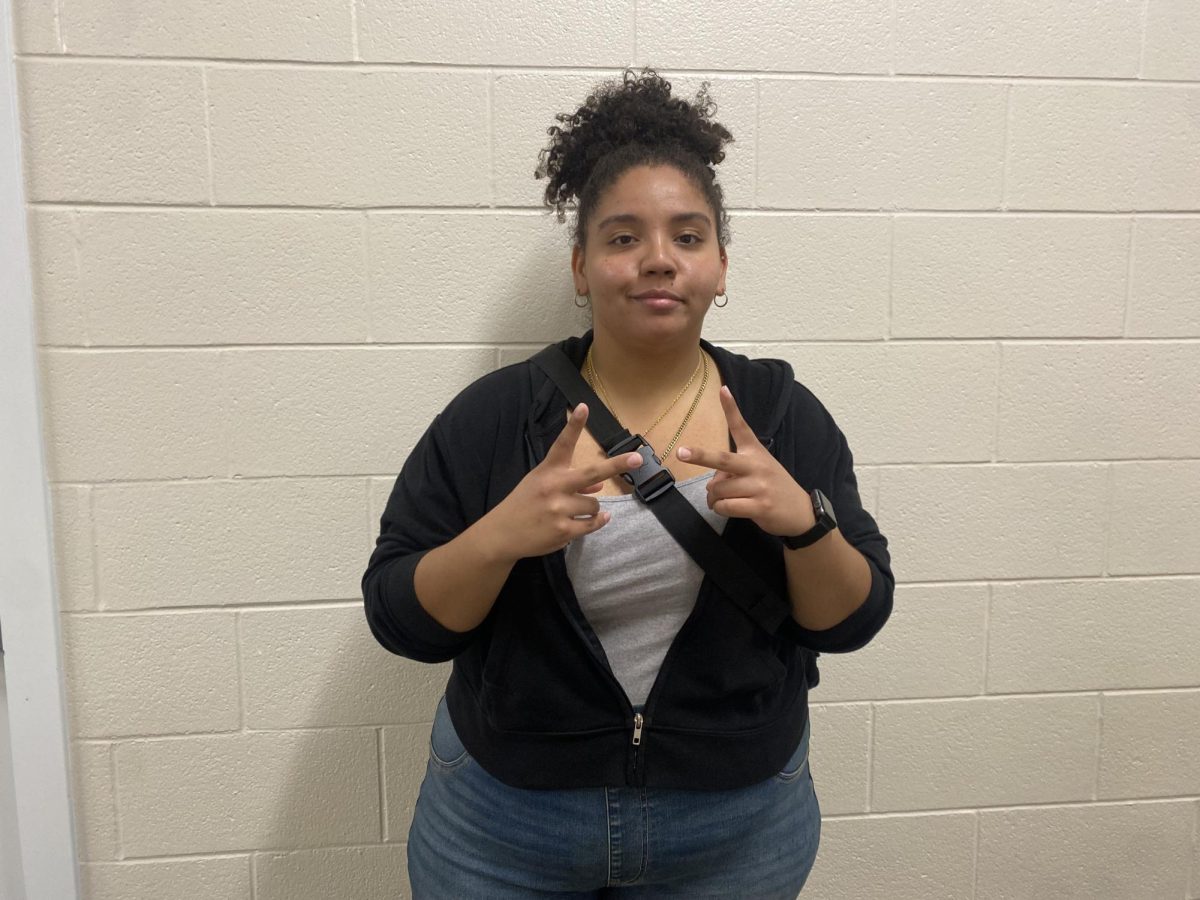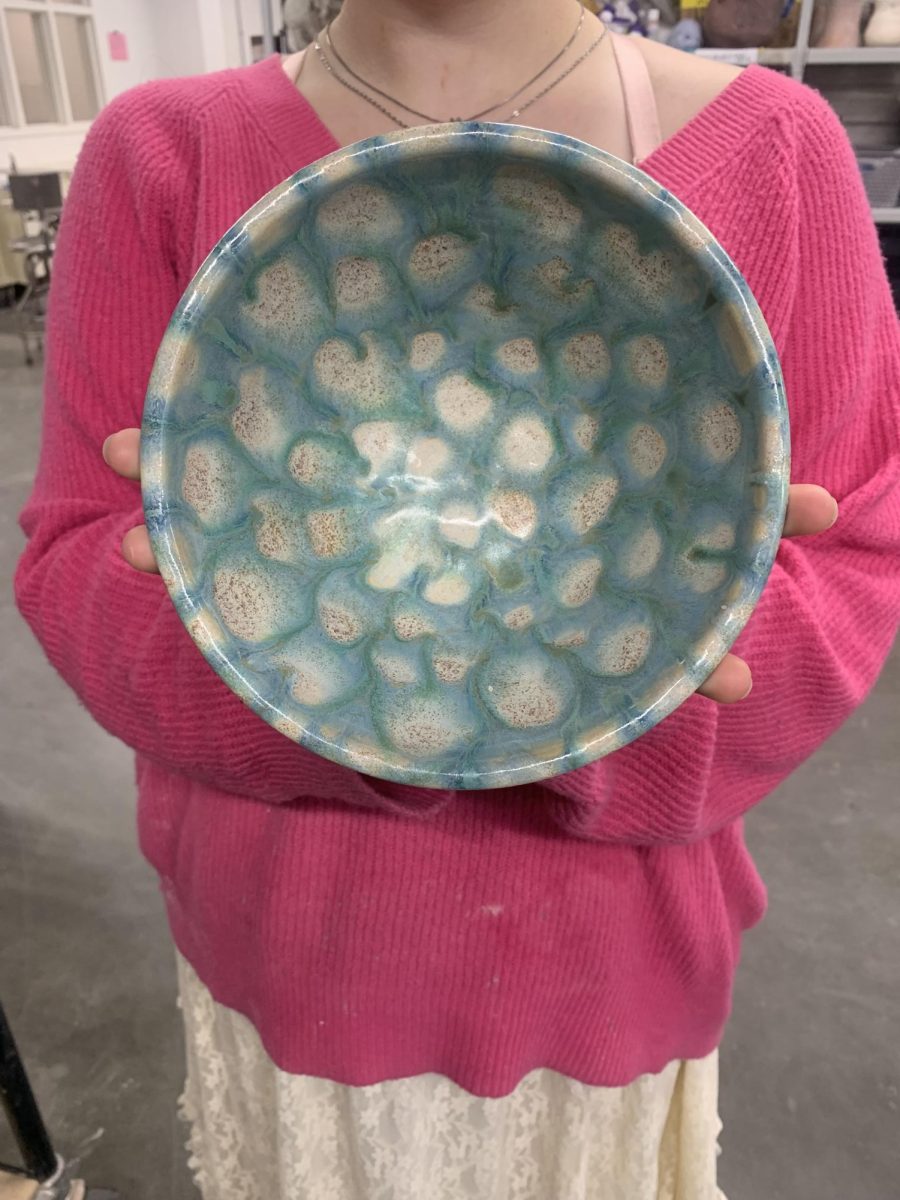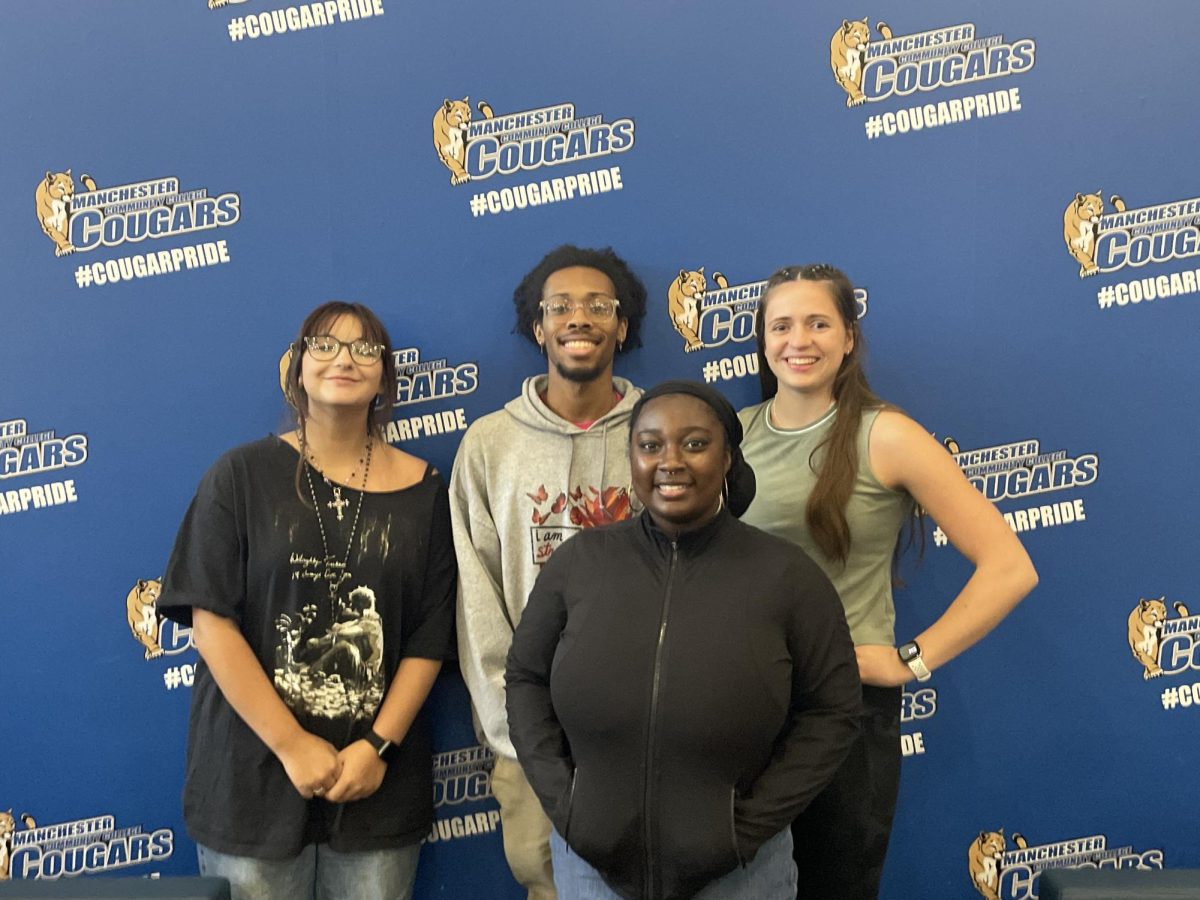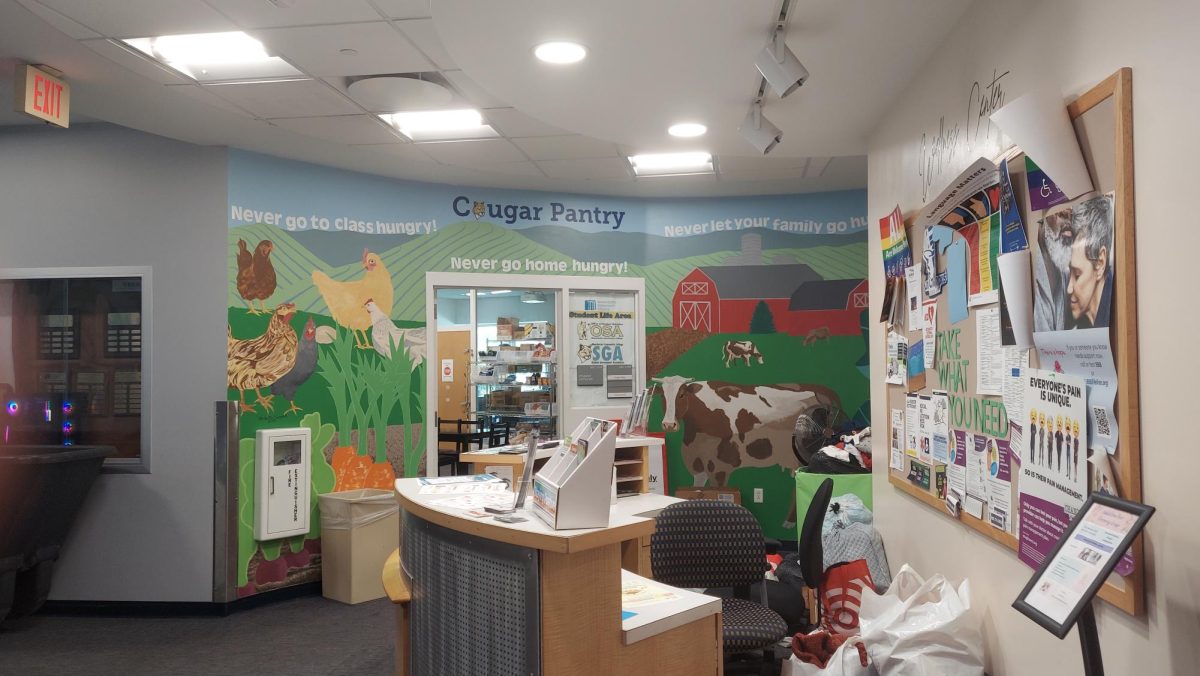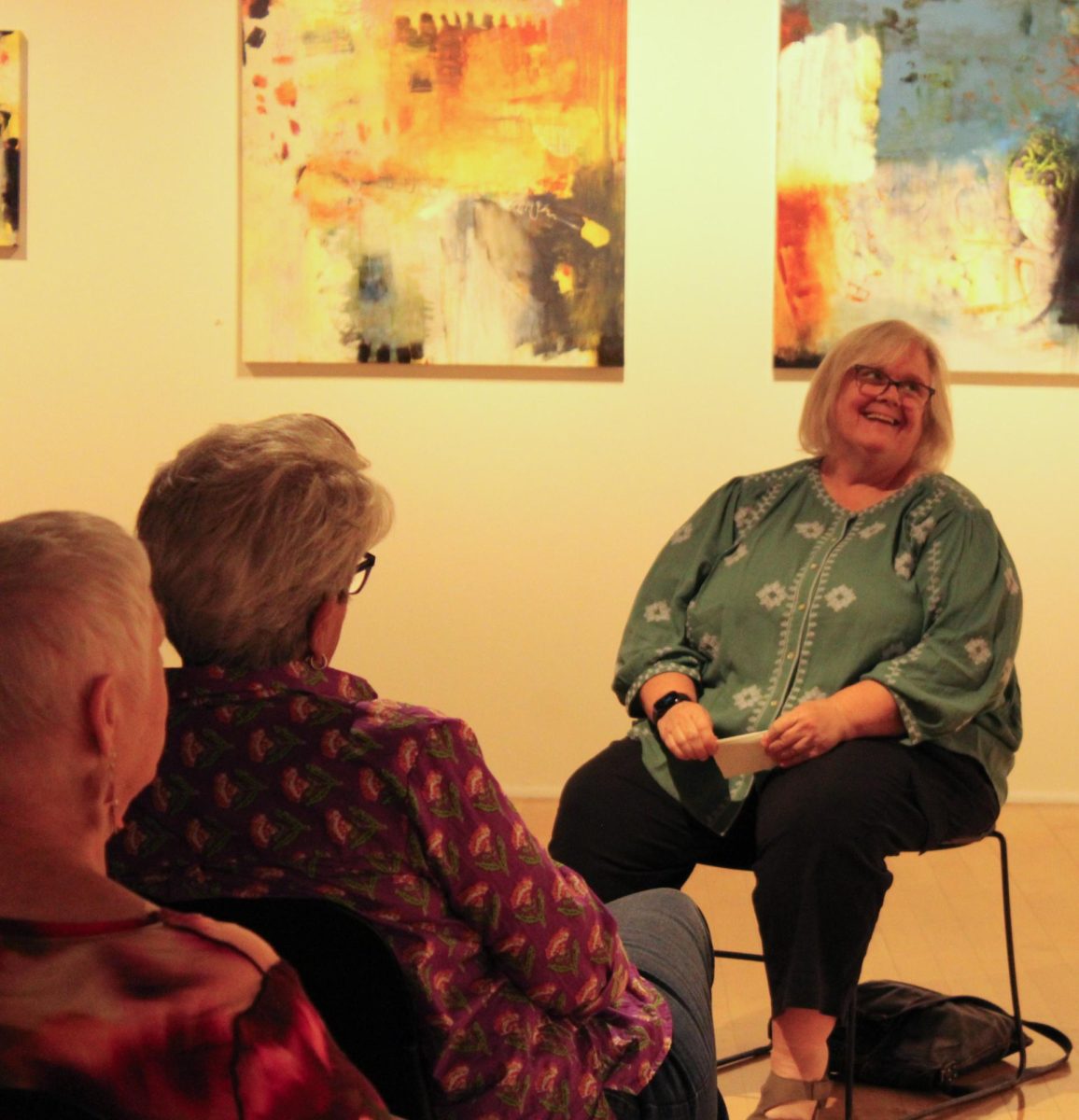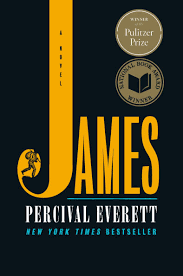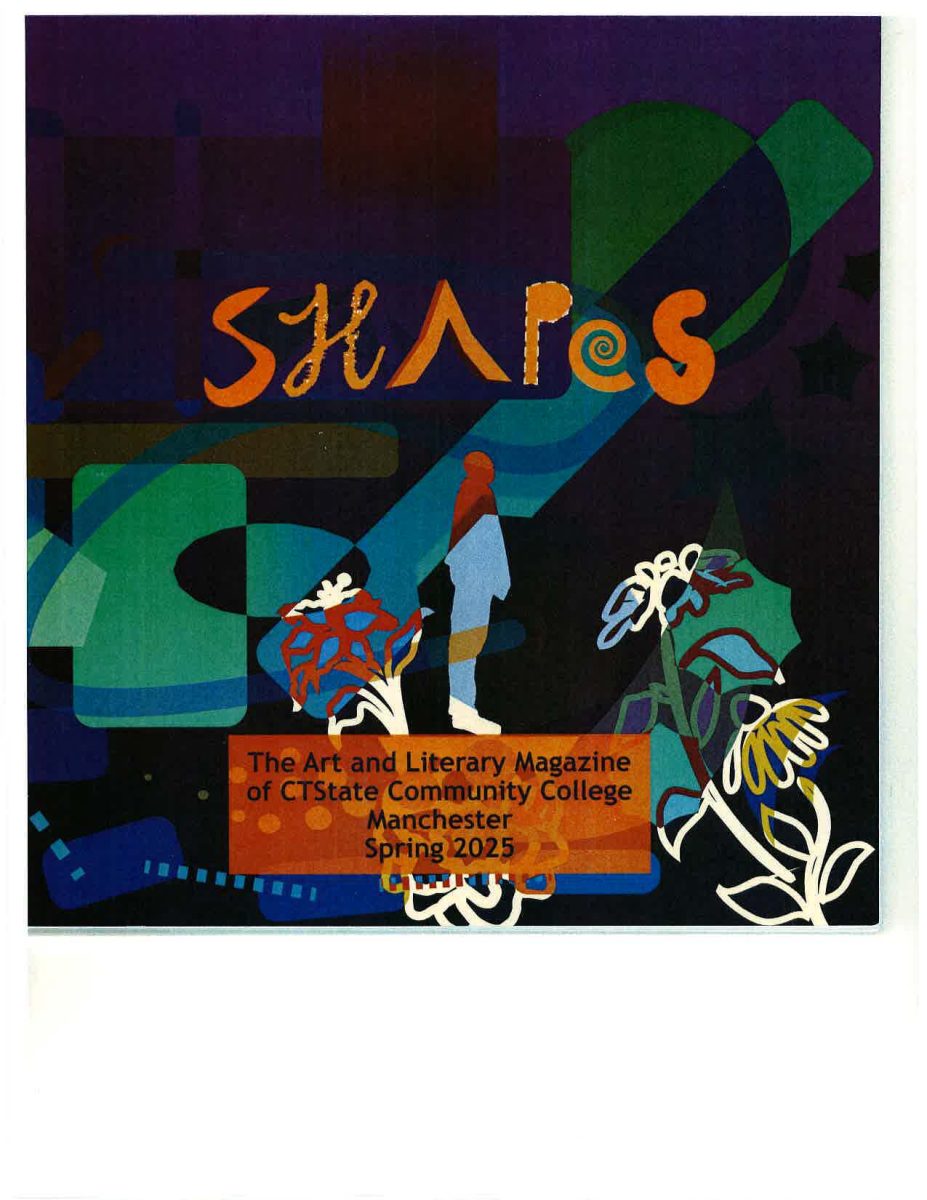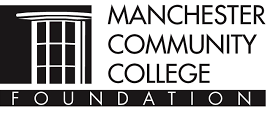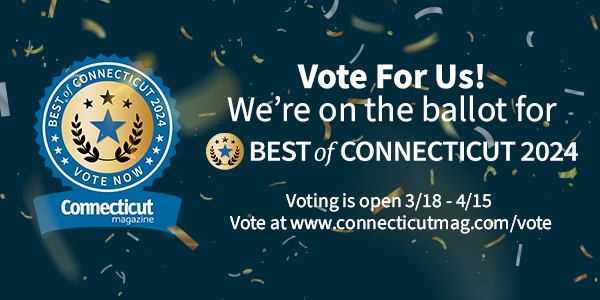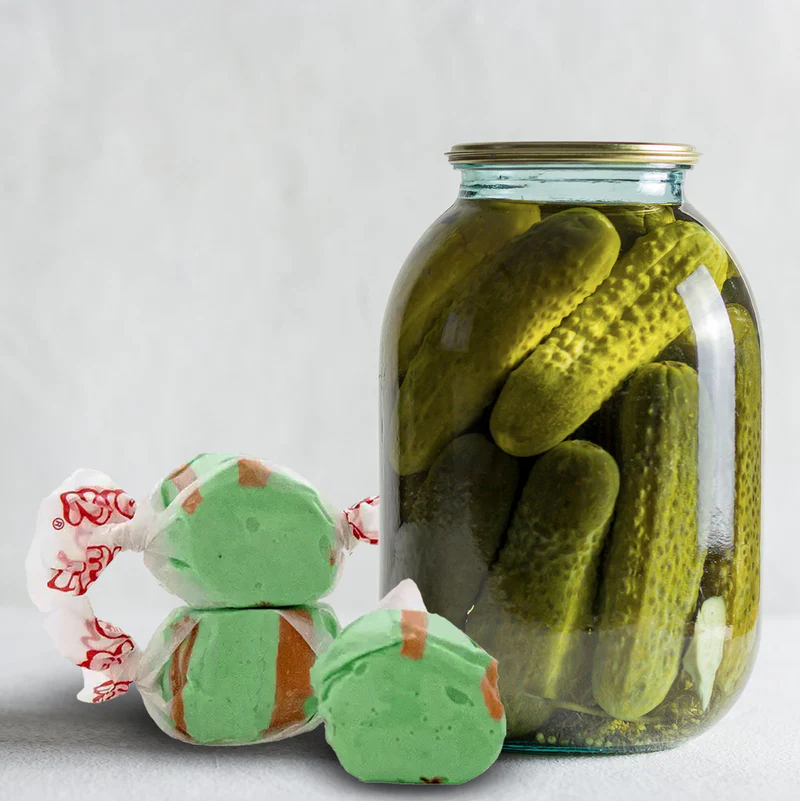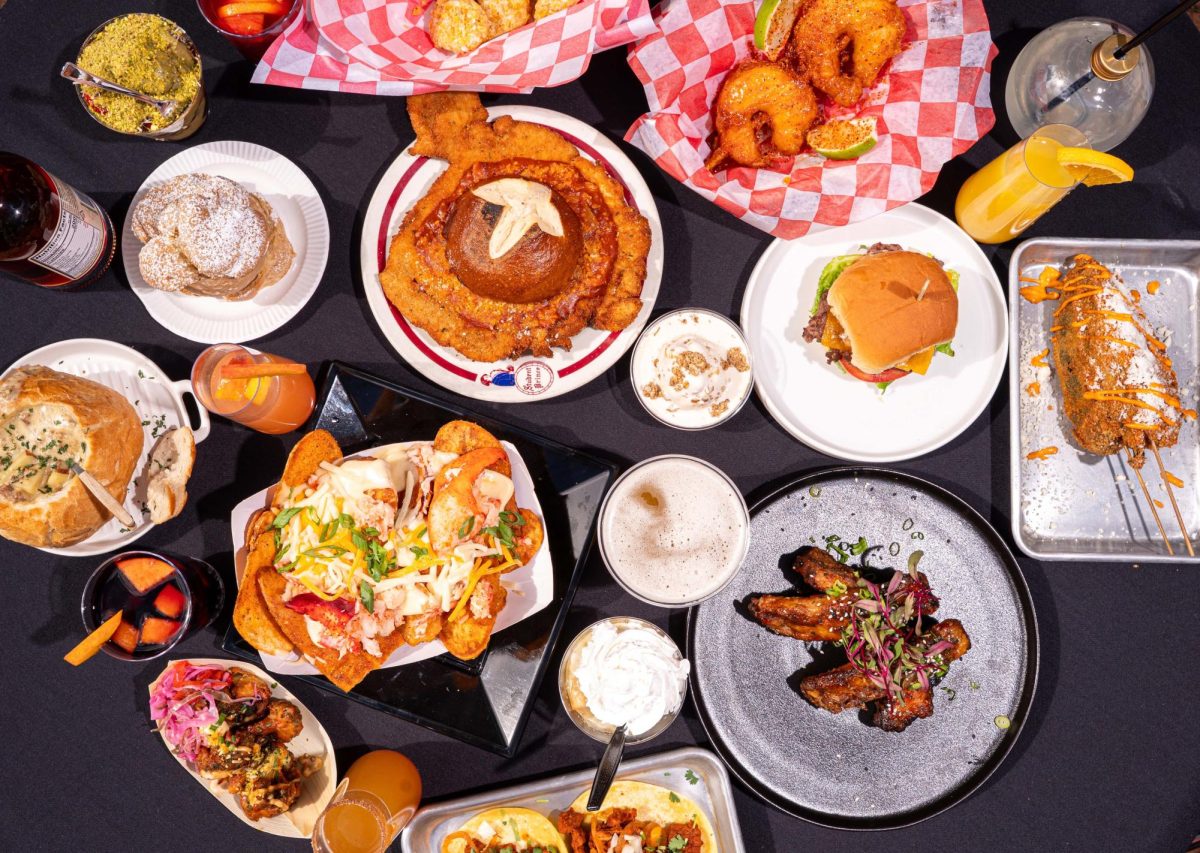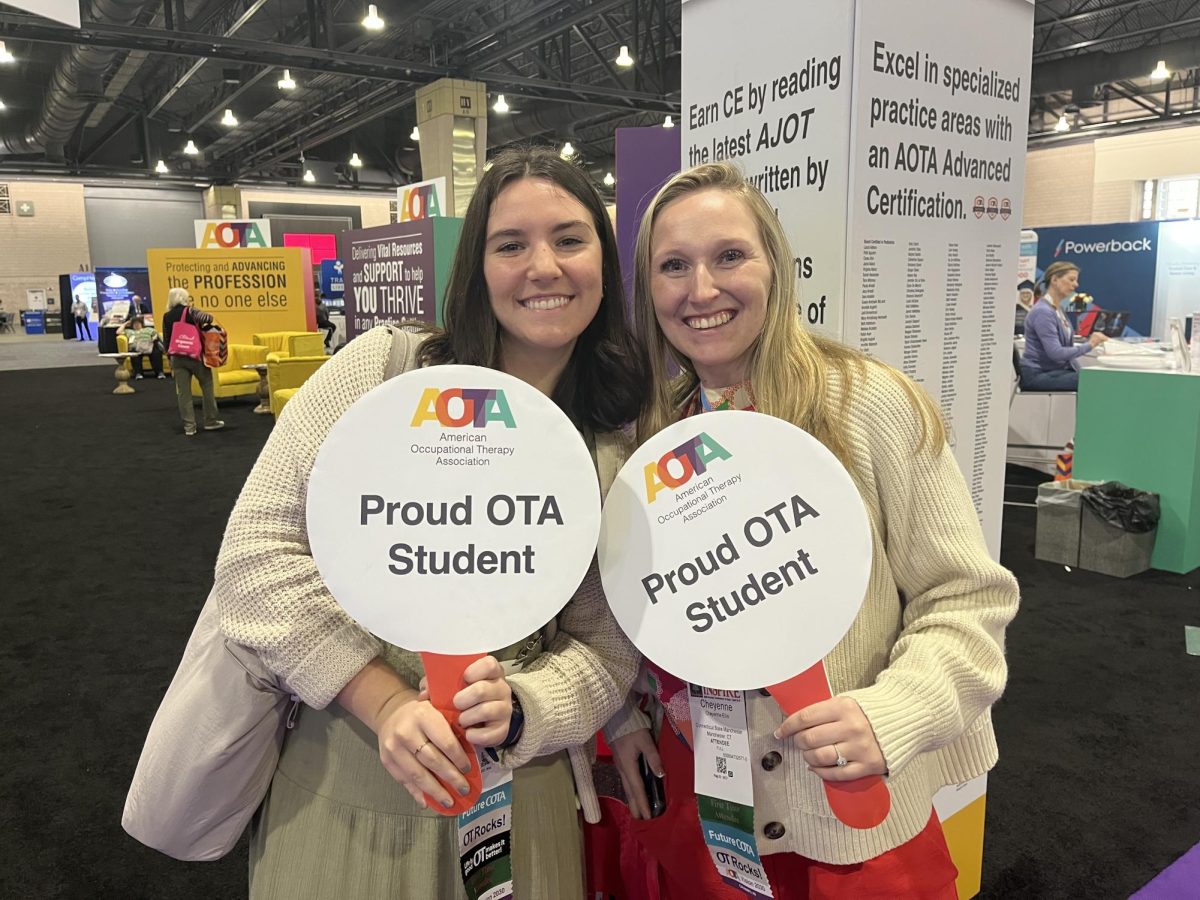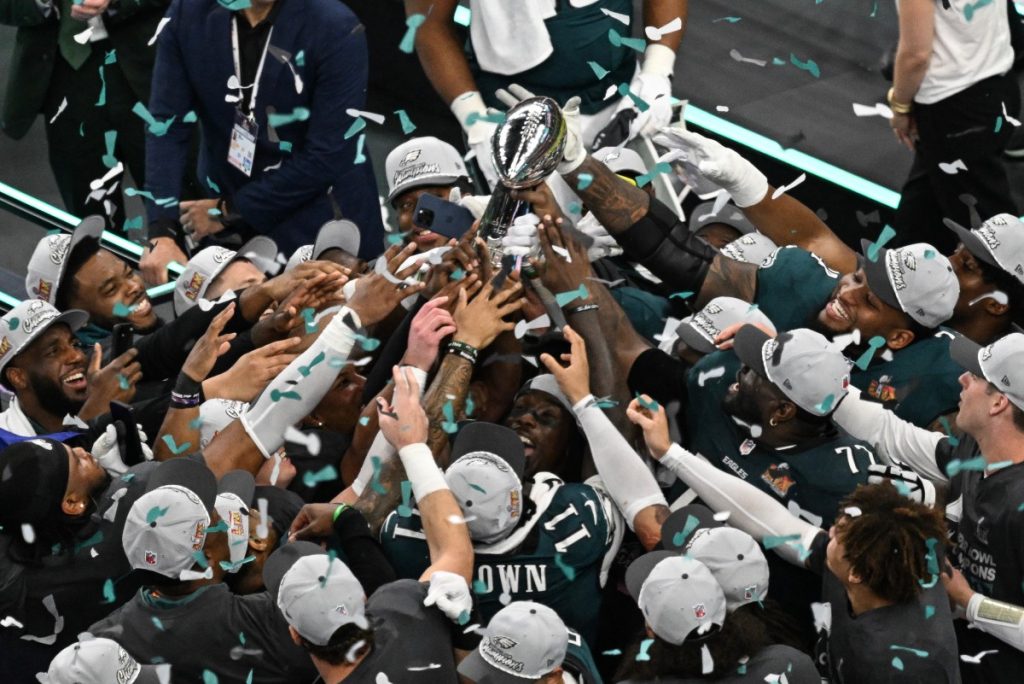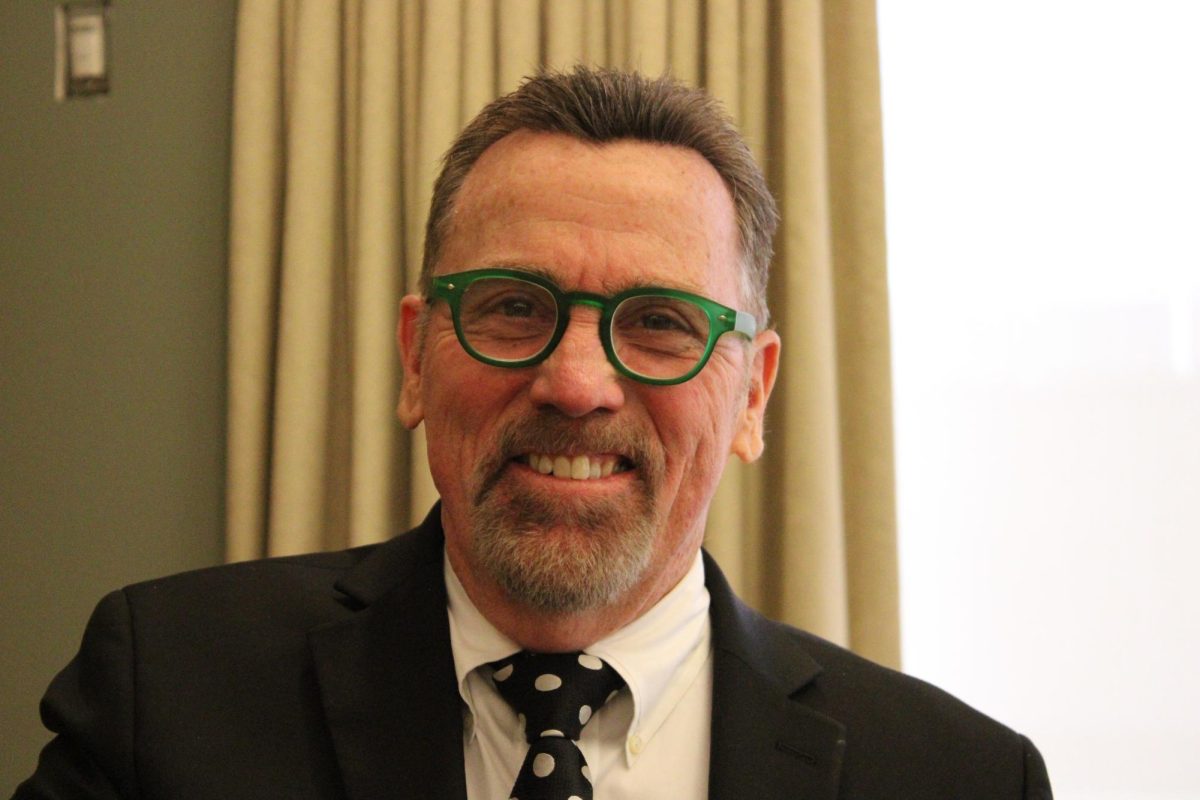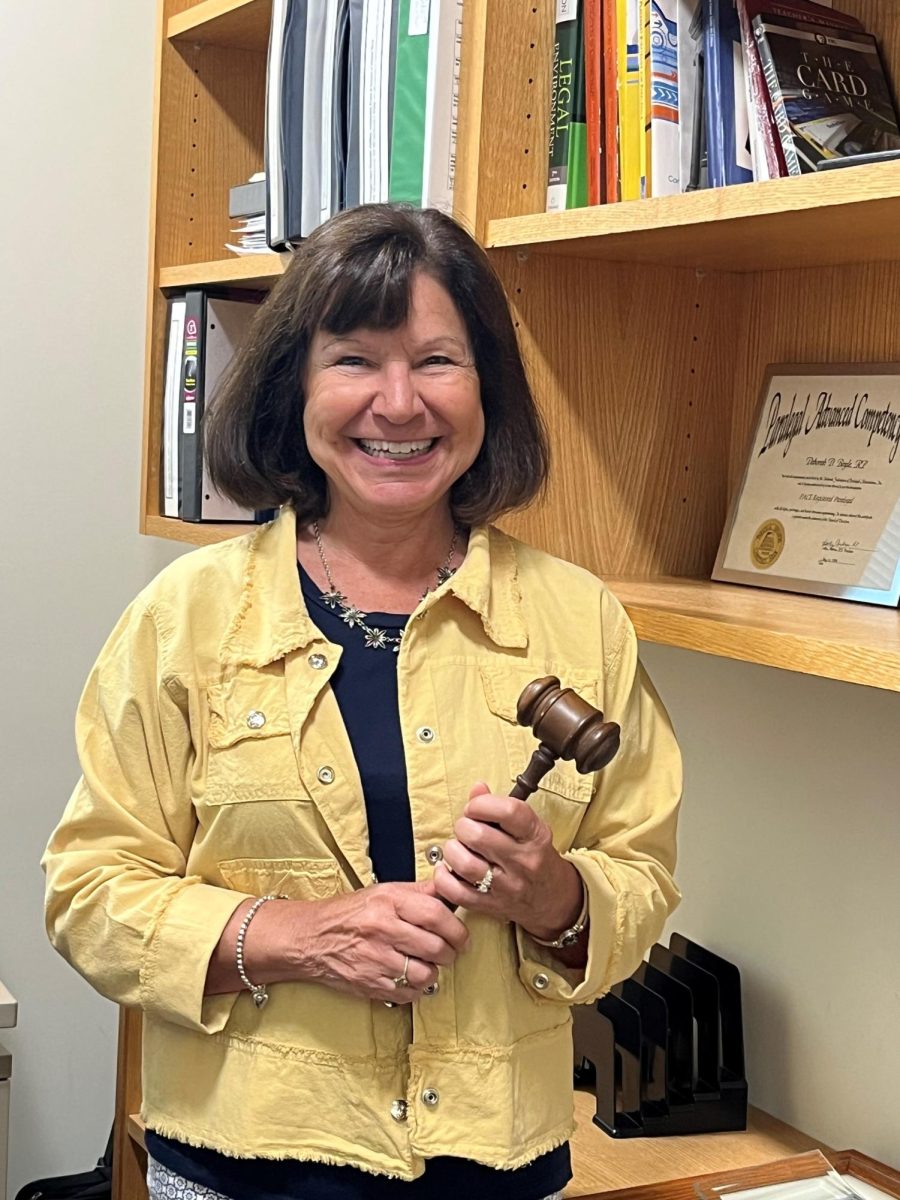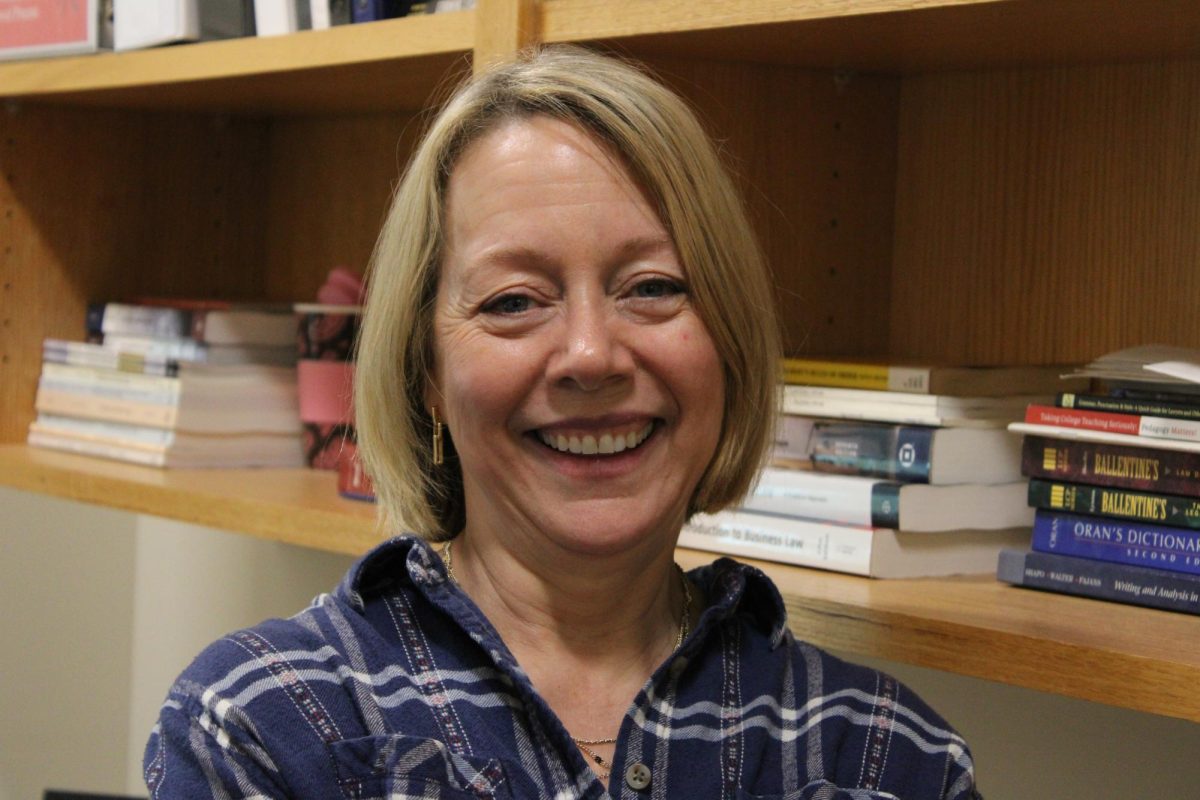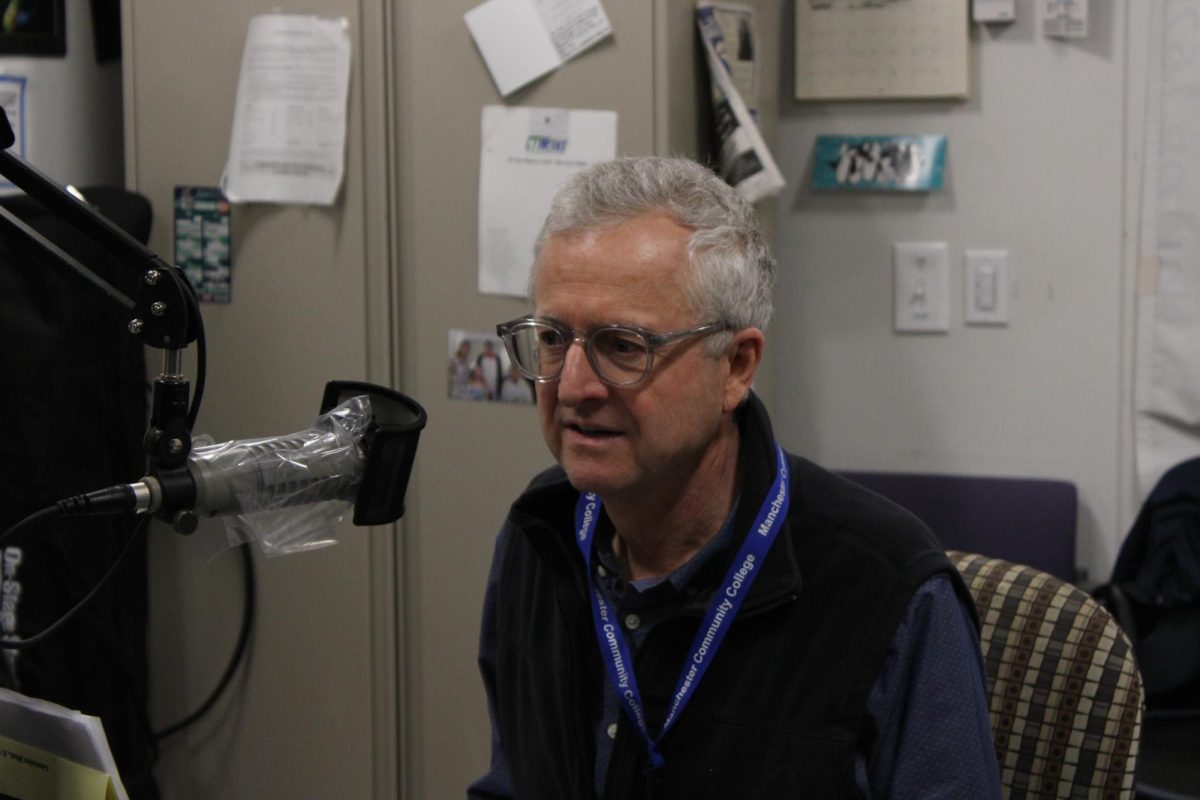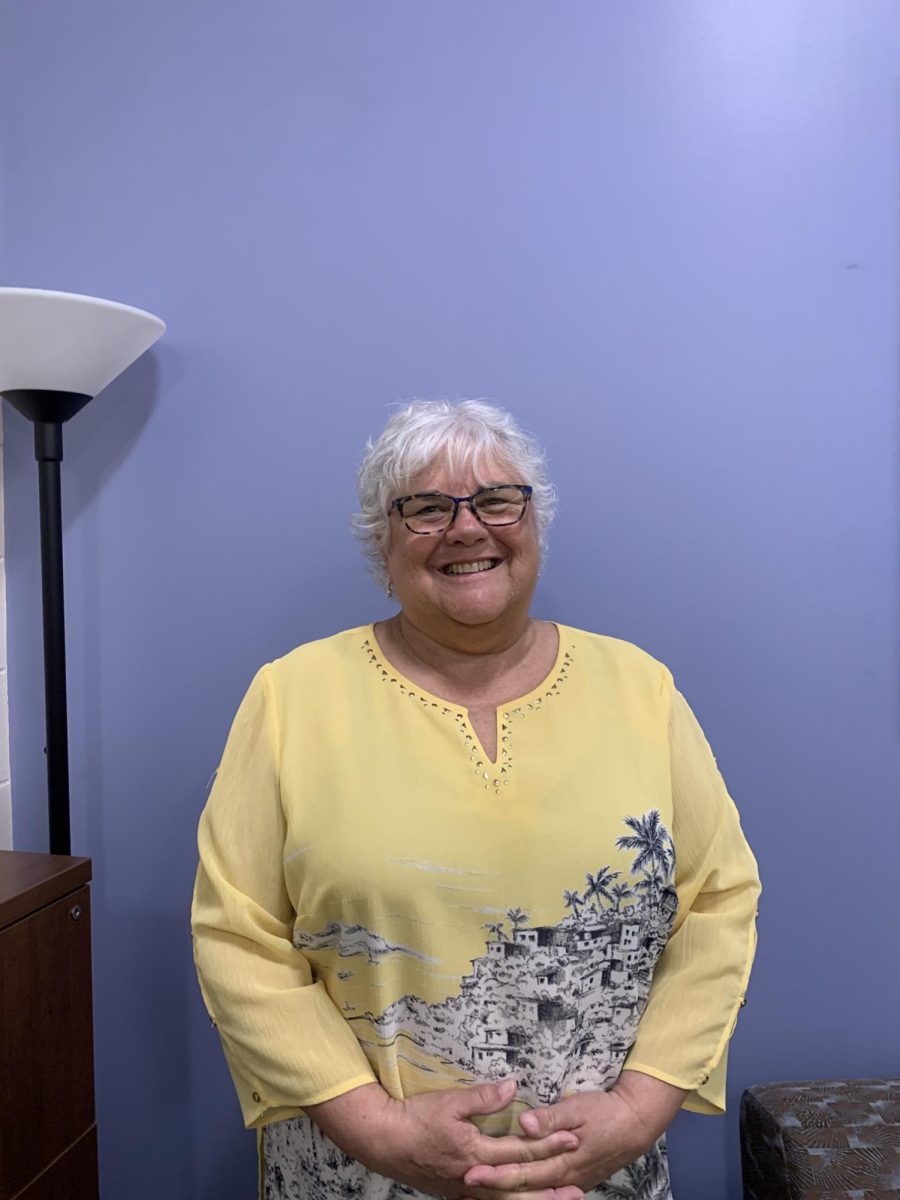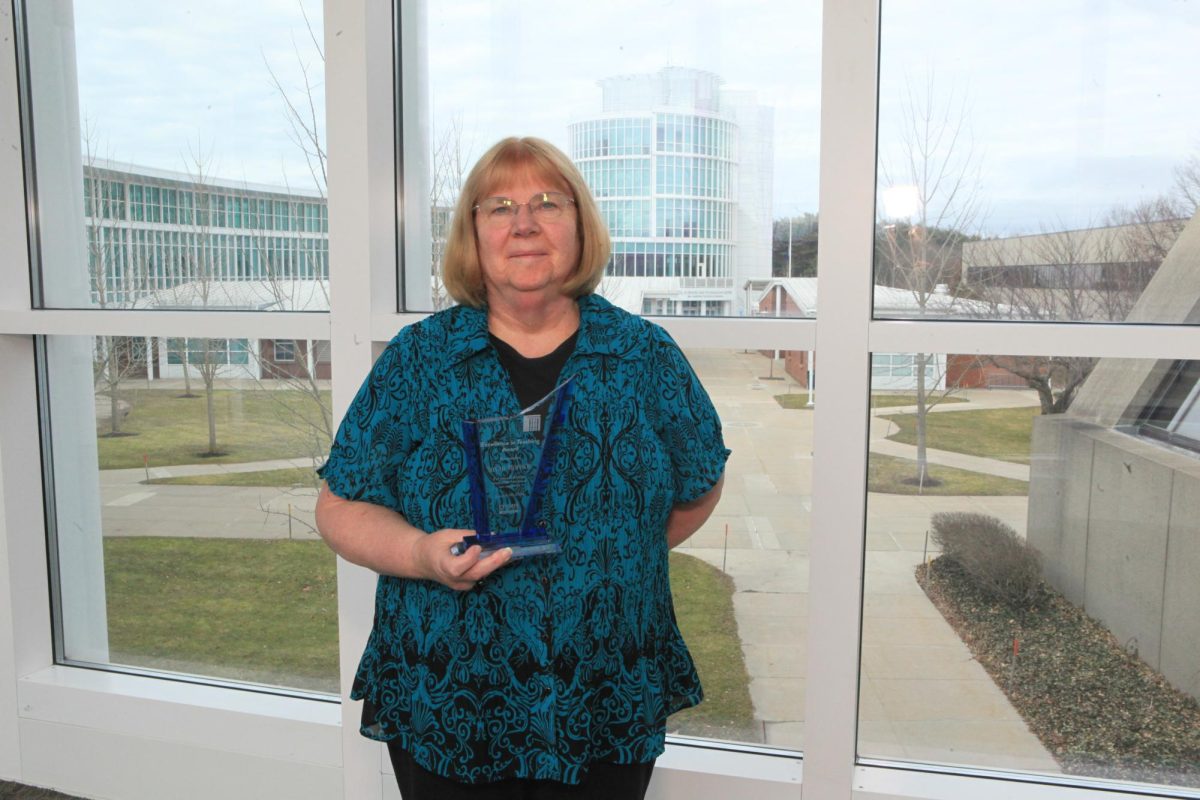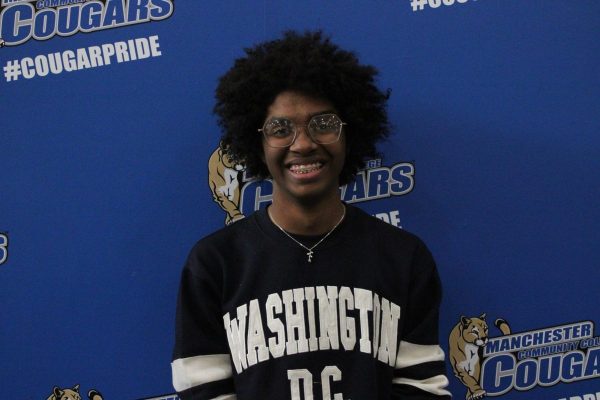After 44 years in the hospitality industry, including 10 teaching at Manchester, William Williams III is hanging up his blazer.
A native of North Haven, Williams earned his bachelor’s and master’s degrees from the University of New Haven and has taught at several colleges in Pennsylvania and Maryland before coming to Manchester.
But he is leaving his substantial collection of blazers and other workwear to the CT State Manchester Clothing Closet for students of the future.
“I’m a clothes guy,” he said. “I have 110 sport coats and probably another 20 suits, 115 shirts, with two ties for every shirt. It’s a collection over a 20-year career where I’ve never changed size or weight, and I just love clothes.”
Q: Was being a professor always the goal for you? If not, what led to that journey?
A: I’ve always been involved in the hospitality industry, since I was a young kid. Maybe 16 or 17. Started working in restaurants, so it was a fascination of mine. I loved to travel as a young kid. I would go to my home in Tennessee; my family’s home was in Tennessee. That always inspired me to want to be in the field in either hotels or restaurants. So, I took it as an undergraduate major, studied. I got my bachelor’s degree in hotel and restaurant management, left and went to work for Sheridan Corporation for seven or eight years. While I was there I got my master’s degree, and while I was at the college that I was taking my degree at, the University of New Haven asked me to start a class in Private Club Management. So, I created the curriculum for Private Club Management in 1981-1982. So, we have an expression here, “A journey of a thousand miles starts with the first step.” My first step was in 1982, when I became a full-time faculty member at the University of New Haven.
Q: What is something that students have taught you?
A: To guide by the heart. They’ve always taught me to stay humble; we are all just partners in this. We share the goals and dreams together, and I think if you feel the equity of what that means, that there isn’t someone more authoritarian or more right or more directing, it’s more shared. So, each student brings a different situation to the table, and that’s what I relish here at this campus. There’s a completely different structure to the type of student we get here that was unusual to a four-year academic space, and the opportunities I’ve had to share the journey with the students here at Manchester have been remarkable.
Q: What has been your favorite memory from your 10 years being here?
A: I have a lot of them. Probably the most prolific is just the ability to see NSMH [the Manchester chapter of the National Society of Minorities in Hospitality] mature to a point where we went from four or five original members in 2014 to over 45. So, it isn’t just a small thing here on this campus, it’s a cultural reality. When we go to conferences we have a cheer or a chant, all the schools do. Ours ends with “We are MCC Hospitality,” and I think if you come into this program, the students that stand out or are I would say the leaders of the group are all NSMH affiliated, and so when a manager comes to campus from a restaurant or a hotel, it’s those students that step up first and do the professionally correct things with the right business etiquette because they’ve been trained in the practice of doing this for two years. They make impacts on those managers…
The second thing has been teaching here. I think as I look back, I stand in front of a classroom. I have 30-something years of experience in the industry. For my first 20 years in education I would work as an educator in the fall and then I would work as a manager in the summer. So, I did two jobs, summers I was a manager at a country club, and for the full part of the academic year I was an academic… so I always presented materials from a practical hands on/real life orientation. That part of teaching is the best.
The third thing would be the faculty; I got a great team of people here. This is a marvelous place.
Q: What is something you would tell your younger self before you went into teaching?
A: I guess, the wiser me. Not the older me, but the wiser me realizes that academia requires more discipline. Again, I’ve always been a real world/real life application kind of a person, so I never believed in just standing in front of a classroom and having practiced the theory academically. I always thought of ways to make that more meaningful. Me today would give more credibility to the academic institution of the degrees and the paper writing and the formality of education. Not so much because it would have impacted me better, but the rules of the game are what they are, and I always stayed in the channel of student first. That’s always been my mission, it’s not a punchline for me or a marketing slogan. It’s how I live my life, is students first. So, the wiser me would say that I have to do both, I have to be real world and more responsive to the academics I was responsible for.
Q: What are your plans for retirement?
A: I won’t completely separate. You know, officially working here and being here every day would be over but continuing to work in the industry. I’ve been a part of two consulting groups over my professional career, I may reengage to consulting. There’s a lot of things that I’m passionate about, NSMH is one of them. I’d like to maybe take on a role with the national organization as an advisor and then travel.
My wife is ready to do what she’s been waiting for years to do, enjoy my health and my relationship with my wife in a way we haven’t been able to do since we had children. So, it’ll be fun. We have a cruise around the world planned, and we have a couple of trips to our favorite place on the planet, which is Aruba. We do that regularly anyway, but we’re going to do that a little bit more and then visit my children. My children, one lives in Texas, he’s a doctor. My other son lives in Florida and he’s a hotel manager.
Q: How do you want to be remembered at Manchester?
A: I’m a student advocate. That’s my history, legacy, that I was always about the students. I’ve had a lot of really good times. I think sometimes I’m more father than teacher, and I’m more of a friend than I am a parent. I think that part of being a caring person is what I leave behind. The students would tell you that better than me, though.

